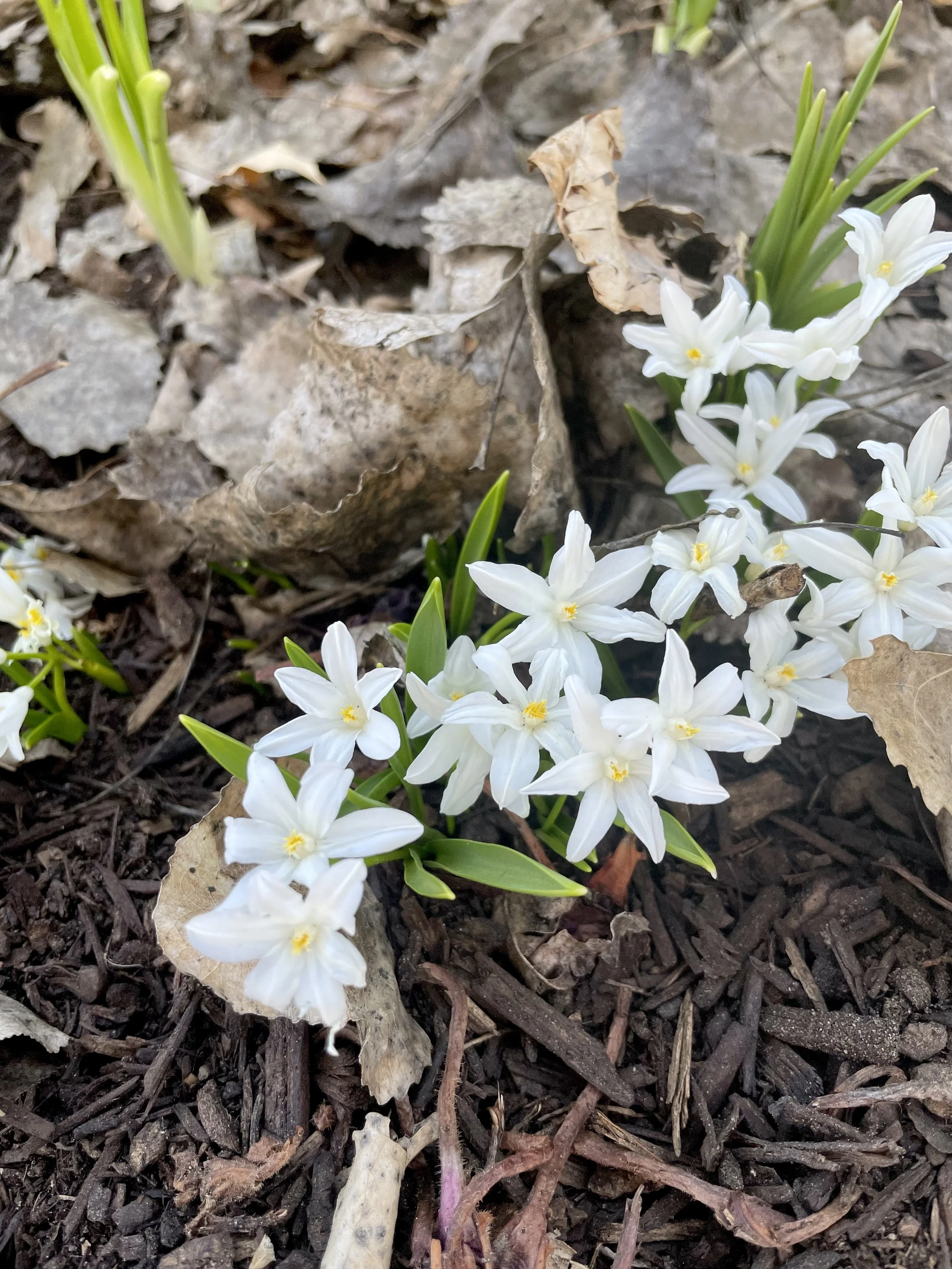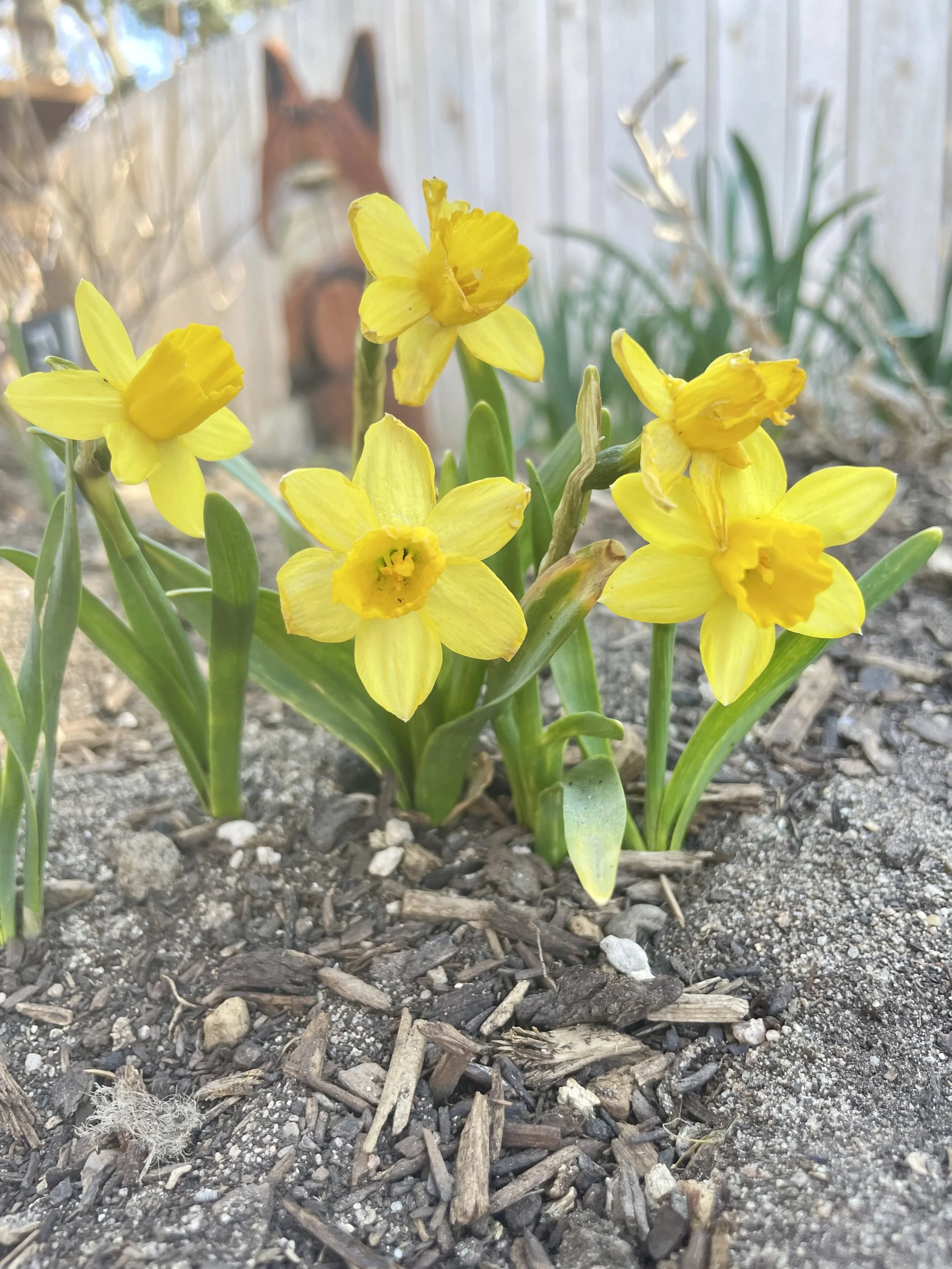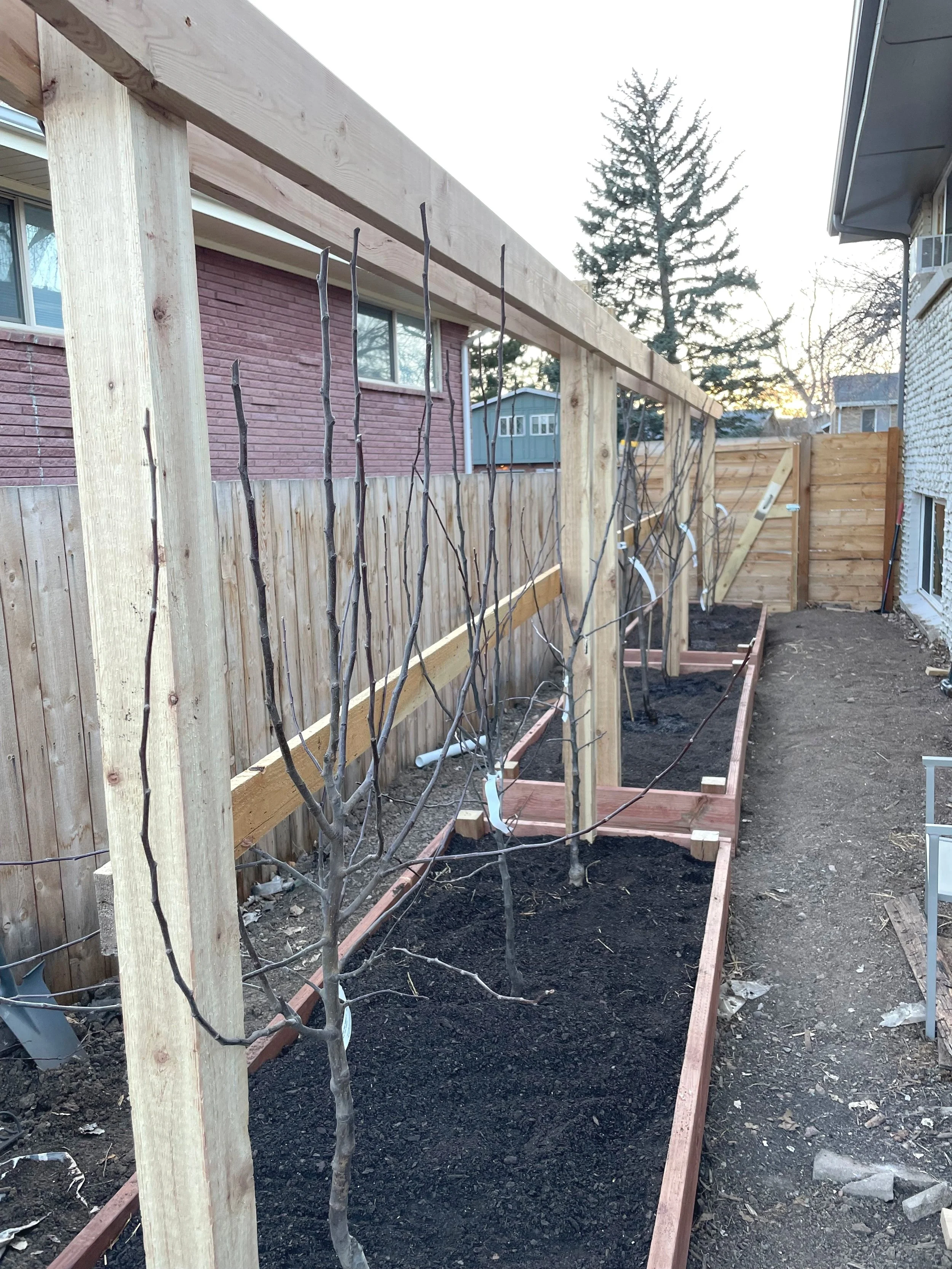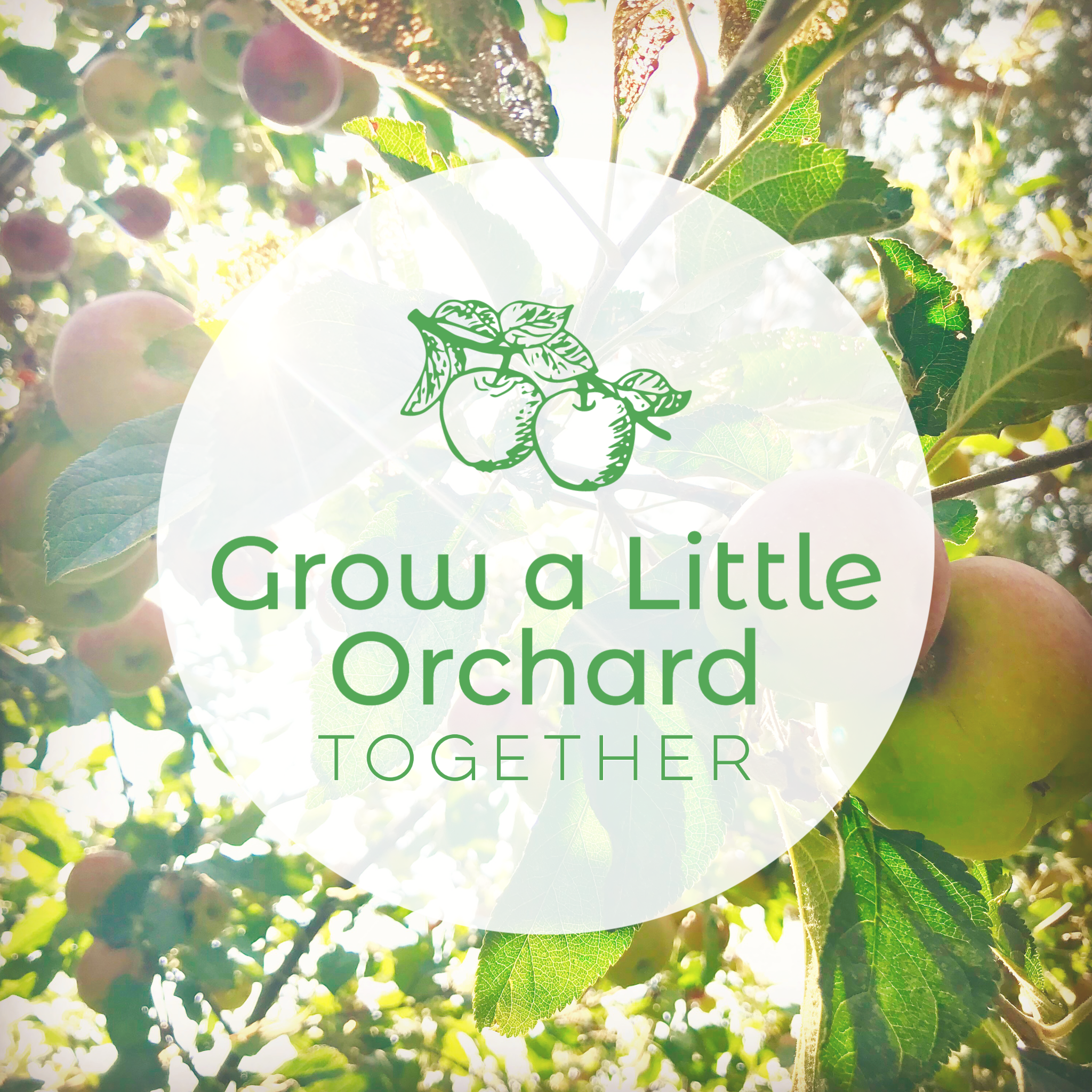Peat-Free Gardening Guide
Hello, friends! I hope you are enjoying these first few days and weeks of spring. While we have snow on the ground, I am also seeing the first blooms with daffodils and Chionodoxa forbesii both poking up through the snow. I work really hard not to wish time away, but this year I am ready for spring’s arrival in a way I haven’t been before.
Chionodoxa forbesii
And as our thoughts turn to gardening and plants and the warm sun, I have a passionate plea for you: make this the year to start gardening WITHOUT peat.
You may not even realize that you are using peat in your gardening. It is ubiquitous in soil mixes and gardening supplies here in the US. But harvesting peat does irreparable damage to some of our rarest and most productive ecosystems. Peat is a resource which we can not readily replace — it takes thousands of years. And harvesting peat releases carbon into the atmosphere as well.
I have been gardening peat-free for several years now, and I have found that with a little effort, it’s actually not that hard to do. I have put together a guide for peat-free gardening including some of my favorite peat-free resources as well as some soil recipes and a how-to guide for making leaf mould — a free garden resource that many in the US don’t know about!
I encourage you in this month of Earth Day to check it out! And, as always, if you have questions: just ask!
I have some incredible projects lined up for this spring with a focus on planting native species and supporting biodiversity. I can’t wait to share it all with you!
If you aren’t following me on Instagram, check it out! I will be posting regular updates on all of our projects there including my new orchard which we have been working on for the last few weeks. So exciting!
I’m following the pruning methods put forth in the book Grow a Little Fruit Tree by Ann Ralph. Reaching back more than a thousand years, these methods keep fruit trees small and managable and allow higher-density planting, too. So what you see here are 11 apples, pears, and plums planted in our side yard — less than 30 feet long. And it’s all peat-free! I’ll be pruning some of these trees to be cordons, two will be espalier, and a few others will just be very, very small. It’s a giant science experiment, and our whole family is thrilled to be back in the laboratory.
My next step is the scariest: I have to prune each tree! So that will be coming.
If you are interested in adding some fruit trees to your yard, join my fruit tree group on Retrieve! It’s a fun community of gardeners, and we are working to share our plans and resources with each other. Super cool!
Happy April to you all! Questions about peat-free gardening? Please ask!
Cheers!
Angela






